MART LIQUORS 2006 VOLUNTARY AGREEMENT

Click HERE to read the Mart Liquor voluntary Agreement in full.
Voluntary/cooperative agreements are negotiated between the ABC establishments and third parties, which may include community groups, Advisory Neighborhood Commissions (ANCs), and groups of individuals. These voluntary/cooperative agreements are sometimes used to resolve disputes and protests and to facilitate the licensing process. A voluntary/cooperative agreement may cover a specific business practice or wide range of business operations.
In many situations, protest issues can be resolved through voluntary/cooperative agreements, rather than a protest hearing. Some parties do not want to go through the time and expense of a formal protest hearing and prefer resolution early in the process. Voluntary/cooperative agreements also afford benefits to both sides. The parties shape the agreement to accommodate the needs of both sides, whereas the protest hearing will result in the ABC Board's decision to grant or deny an application or grant with conditions. The ABC Board's decision is based on the evidence presented at the hearing. A voluntary/cooperative agreement determines the conditions placed on a license and is incorporated into an ABC Board Order.
Agreements are formed when the public has received notice of upcoming alcoholic beverage license applications (new, renewal, transfer to new location, and substantial changes) that come before the ABC Board for review and approval. Most agreements are formed to resolve protest issues. However, the ABC Board has approved many agreements in lieu of a protest.
If an application has been protested, the ABC Board will generally inform the parties at the roll call hearing that they must negotiate in good faith to resolve the protest issues. The ABC Board grants the parties a 30-day negotiation period and schedules a status hearing to determine whether the parties were successful in resolving the protest issues. Parties often request additional time to attempt resolution. If the parties are unable to resolve the issues, they may request mediation or the Board may instruct them to seek mediation. ABRA has a professional mediator on staff to perform this function, which is free to the public.
Note: ABRA is currently conducting a review of all Voluntary Agreements and intends to post a complete listing upon the completion of the review.
For samples of voluntary/cooperative agreements, contact Cynthia Simms, ABRA Community Resource Officer, via email, phone, or written request:
To see if there is a Voluntary Agreement for a liquor store in your area or to find out how you can protest a license renewal or file a complaint contact Cynthia Woodruff-Simms.
Cynthia Woodruff-Simms, Community Resource Officer
GOVERNMENT OF THE DISTRICT OF COLUMBIA
Alcoholic Beverage Regulation Administration
941 North Capitol Street, NE,
Suite 7200
Washington, D.C. 20002
Main: 202/442-4423
Direct: 202/442-4496
Fax: 202/442-9563 or 202/727-9685
E-mail: cynthia.simms@dc.gov
